Master, Specialist Doctor 1 Ton Thi Anh Tu, Department of Pediatric Surgery, said that the ultrasound results detected fluid accumulation in the uterus and vagina pressing on the urethra, making the girl named Tr. unable to urinate, leading to grade 1-2 hydronephrosis, an enlarged bladder and bladder sediment.
If this condition persists, the kidney's filtering function will be impaired, and can even lead to permanent kidney damage. In addition, if intervention is delayed, the child may be at risk of infection, causing purulent inflammation of the vagina and uterus, and can spread to the fallopian tubes, abdomen, and even cause sepsis.
Faced with the above risks, doctors prescribed bladder decompression surgery for the child. The treatment team placed a catheter to help urine drain out, reduce pressure in the bladder, relieve pain and limit further damage due to water retention.

Surgeons perform surgery on pediatric patients (Photo: Hospital).
After that, the patient's hymen is cut to drain the fluid out, the uterus and vagina collapse, no longer pressing on the surrounding organs. Finally, the doctor stitches the edge of the hymen outward to create a permanent opening, ensuring that menstrual blood in the following cycles will drain normally, preventing recurrence.
The surgery was successful after 60 minutes. The patient was discharged after 3 days of treatment.
According to Dr. Tu, hydrocele is a congenital defect that occurs when the hymen has no holes. Normally, this part will have a mesh or honeycomb shape, corresponding to one or more small holes for vaginal secretions and menstrual blood to escape. But when the hymen is sealed, it will cause hydrocele.
This condition manifests differently depending on age. In newborns, it causes a clear mucus discharge, due to hormones passed from mother to child stimulating the cervix to secrete fluid. The sign of the disease is usually the appearance of a small, white or slightly blue bulge in the middle of the baby's genital area.
Most cases at this stage do not require immediate intervention but will be monitored by a doctor. If the fluid is too large and compresses the urinary tract, early intervention will be required.
When a child reaches puberty, the ovaries begin to function and menstruation occurs. The menstrual blood that cannot be released will accumulate, and if not detected and treated promptly, it will cause severe abdominal pain every month (corresponding to the menstrual cycle) but no menstrual blood is seen.
The pain may last for a few days and then go away on its own, and recur the following month with increasing intensity. The increasingly large blood clot will cause the lower abdomen to swell and hurt, pressing on the surrounding organs.
If the bladder is compressed, it will cause urinary retention, difficulty urinating, frequent urination, and a constant urge to urinate; if the rectum is compressed, it will cause constipation and pain during bowel movements.
When stagnant, menstrual blood is an ideal environment for bacteria to grow, causing inflammation of the vagina, uterus, fallopian tubes and spreading throughout the pelvic area, leading to damage to reproductive organs and the risk of infertility.
Doctor Tu recommends that when children reach puberty but still have not had their period, or have monthly abdominal pain without menstruation, parents should take their children to the doctor for timely detection and treatment.
Source: https://dantri.com.vn/suc-khoe/be-gai-12-tuoi-di-cap-cuu-luc-nua-dem-vi-tinh-trang-hiem-o-vung-kin-20250729231919050.htm






![[Photo] Prime Minister Pham Minh Chinh receives Lao Minister of Labor and Welfare Phosay Sayasone](https://vphoto.vietnam.vn/thumb/1200x675/vietnam/resource/IMAGE/2025/11/11/1762872028311_dsc-2246-jpg.webp)




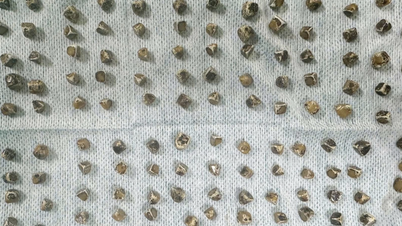




![[Video] Many items are degraded as two large hospitals are slow to be put into use](https://vphoto.vietnam.vn/thumb/402x226/vietnam/resource/IMAGE/2025/11/12/1762906839099_dung00-29-15-18still010-jpg.webp)

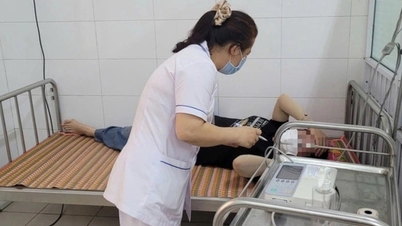










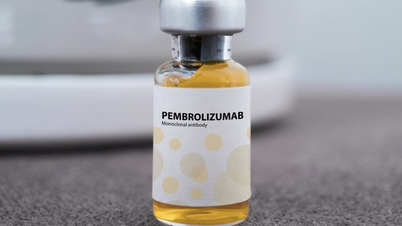

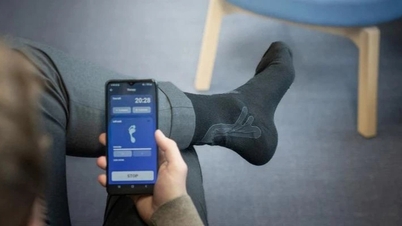









































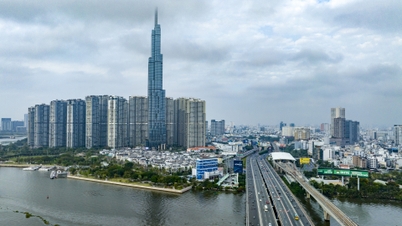












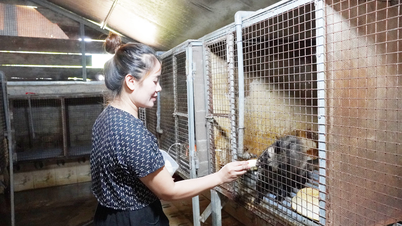



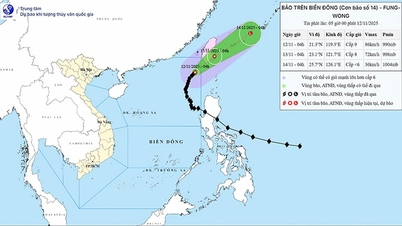







![Dong Nai OCOP transition: [Article 3] Linking tourism with OCOP product consumption](https://vphoto.vietnam.vn/thumb/402x226/vietnam/resource/IMAGE/2025/11/10/1762739199309_1324-2740-7_n-162543_981.jpeg)








Comment (0)